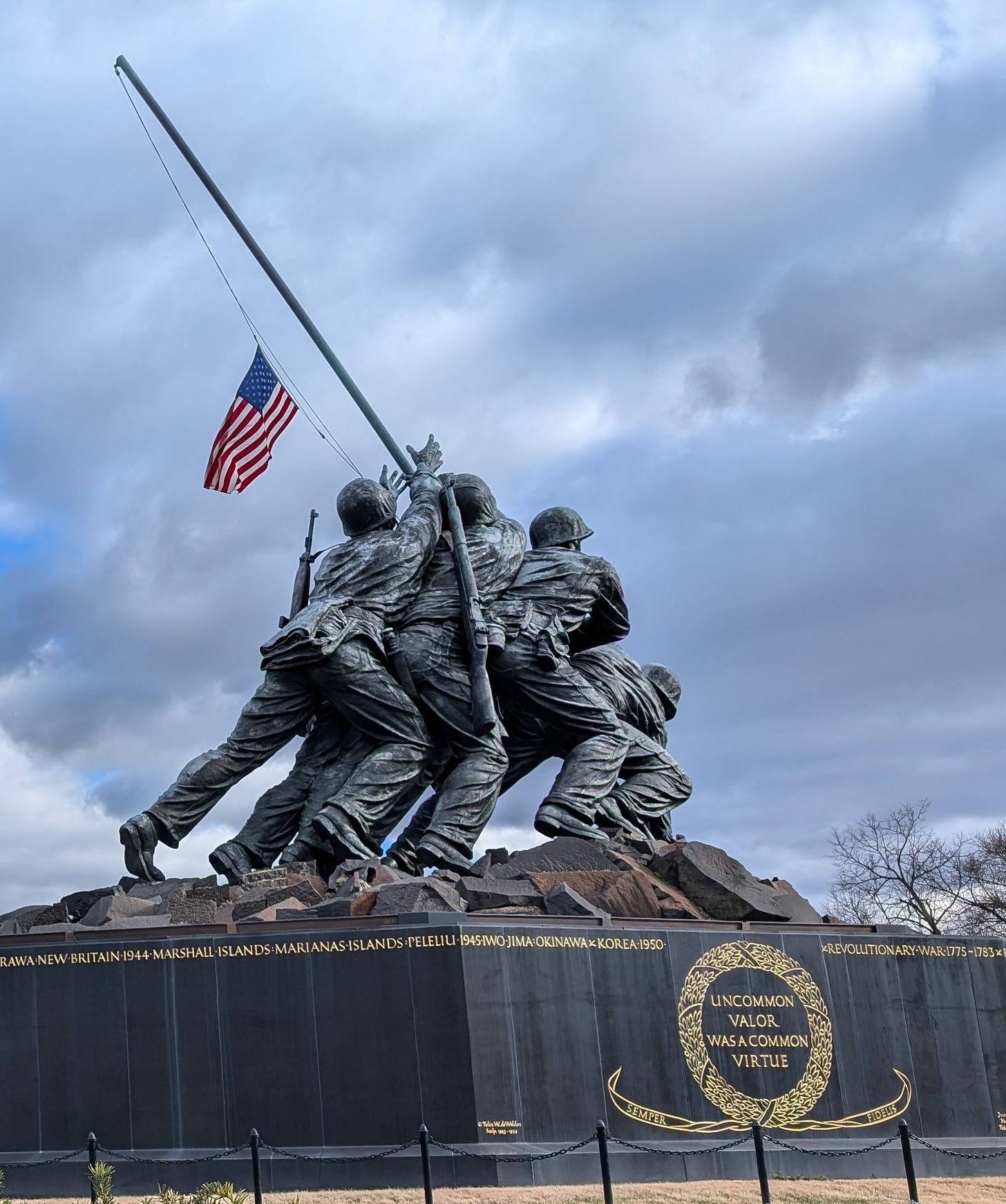(My first essay on the Second Iraq War entitled “Invading Iraq: Our Flimsy Justification” was published on 14 August 2024. The second entitled “Invading Iraq: An Avoidable Fiasco” was published on 24 October 2024. This final essay brings us up thru 2016 and may help us understand how America got to where it is today.)
From 1945 till 2000, the Republican party earned a reputation for being strong on US national security and prudent on the American economy. George W. Bush unintentionally undermined that hard-earned reputation during the first decade of the new millennium.
On national security, Bush’s invasion of Iraq distracted America from the righteous War on Terror, as Brent Scowcroft warned it would. The war cost the lives of 300,000 Iraqi’s along with 8,000 Allied troops and contractors yet we still have no honest explanation for why we invaded. US taxpayers bore at least $2.5 trillion in direct financial costs - over $8,000 for every man, woman, and child in America - which could have been better used to address the rising power of China or pressing domestic problems like crumbling infrastructure or the opioid crisis.
On the economy, Bush pursued a guns and butter policy which wiped out the government budget surpluses that he had inherited and drove skyrocketing budget deficits. The guns and butter policy was expected to insulate domestic voters from the financial costs of the war but failed to do so. Instead, the policy created a huge gap in America between a “have not” majority and a “have a lot” minority.
Specifically, real median family income in America fell 0.6% during Bush’s term in office even though real national income increased 15.8%. That means the majority of American families were financially worse off after Bush’s eight years in office while an elite minority reaped all the financial benefits from economic growth. Under such circumstances, American democracy will not survive long.
- - - - - - -
Index of US Real Median Family Income and US Real GDP. Year 2000 = 100.0. Source US Federal Reserve Bank of St Louis, available on-line.
Year Median Family Income National Income (4th quarter)
2000 100.0 100.0
2004 98.4 110.1
2008 99.4 115.8.
2012 94.8 122.9
2016 107.0 135.7
2020 116.6 146.0
- - - - - - -
Capping off this dismal economic record was the policy-driven housing and financial crisis which began in September 2008, late in Bush’s term in office, and persisted thru 2012. Millions of hardworking Americans lost their jobs, lost their homes, went bankrupt. The human trauma on Main Street was unimaginable, but the national news media seemed to ignore it. Instead, the national media focused on the rapid emergence of high-tech billionaires - many of them immigrants who enriched America with their talents - and the remarkable comeback of Wall Street billionaires - who might have gone out of business without federal financial assistance but did pay it back with interest.
Seemingly tone deaf, the Wall Street Journal in 2012 launched a weekly Mansion section to show off the multi-million-dollar, first, second, and third homes of the ultra-wealthy … while America’s median family income deteriorated even further to 5.2% less than what it had been in 2000.
The Consequences
The political consequences were enormous. Median American families had a sense - understandable given what they had experienced since 2000 - that political elites in both parties had bogged America down in endless wars overseas and had rigged the economic system against them at home.
Traditional Republican candidates for President in 2008 and 2012 were crushed. The Democrats were supremely confident of winning the 2016 Presidential election and probably would have had the Republicans nominated another traditional candidate.
But a non-traditional candidate named Donald Trump clawed the Republican nomination away for himself and, surprising most everyone, won the 2016 Presidential election. In large part, Trump won that election because he recognized the trauma felt by median American families and managed to connect with it.
Now What?
Since 2016, American history has embarked on an uncertain path in a dangerous international environment. We are cursed to live in interesting times. But history never ends.
Nobody honestly knows where we are going. The best we can probably do is learn some broad lessons from our history and use them as guideposts for our future. I will offer three such lessons in my final essay.





Can't wait for the next installments!